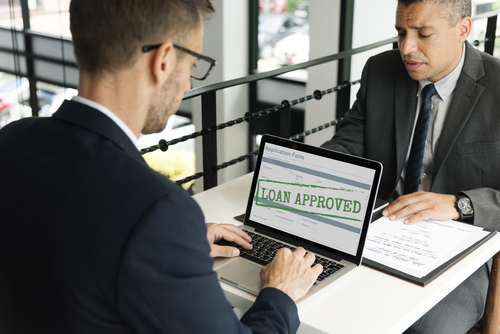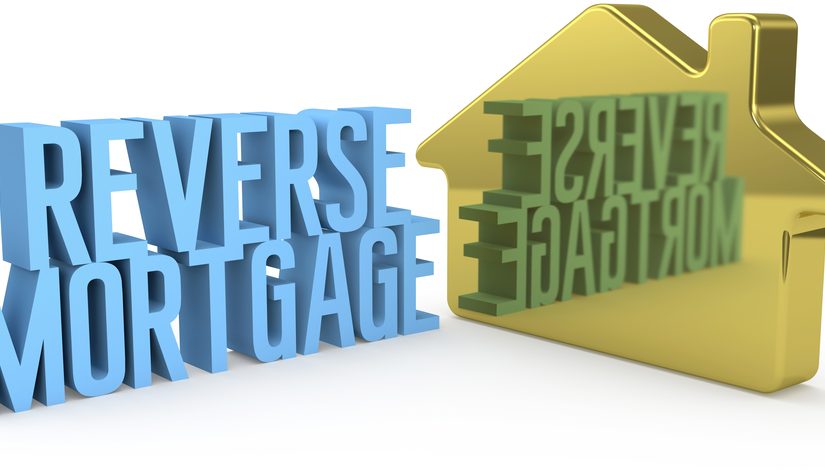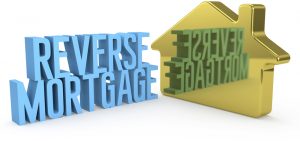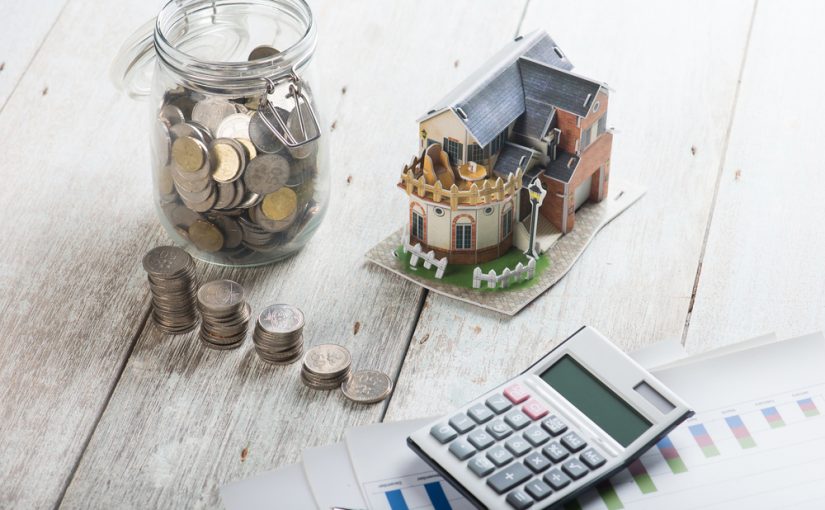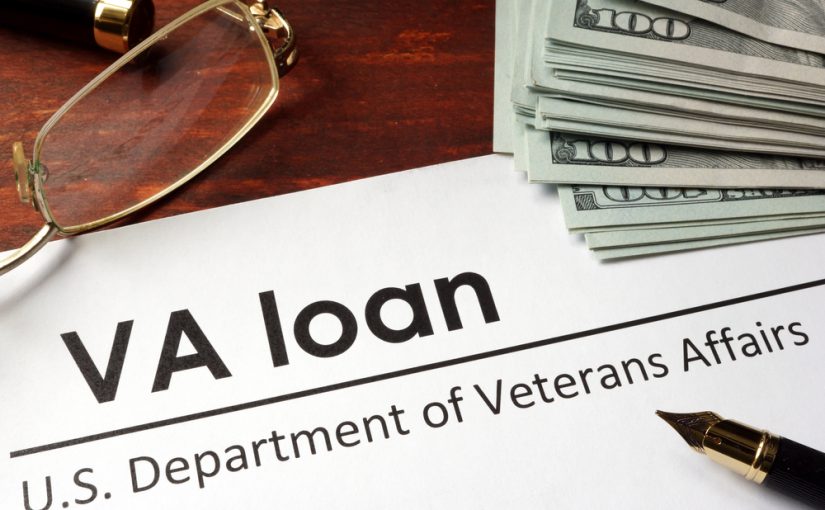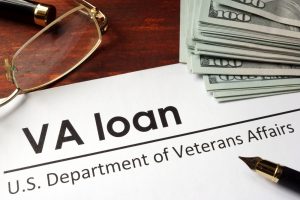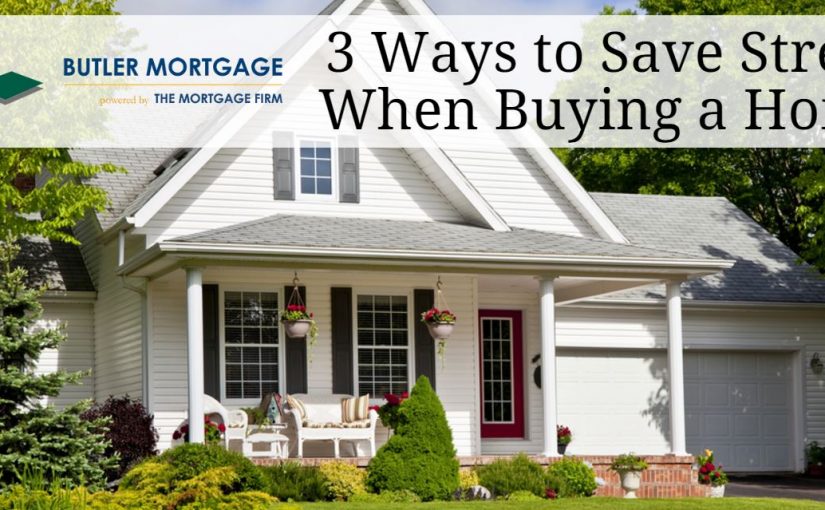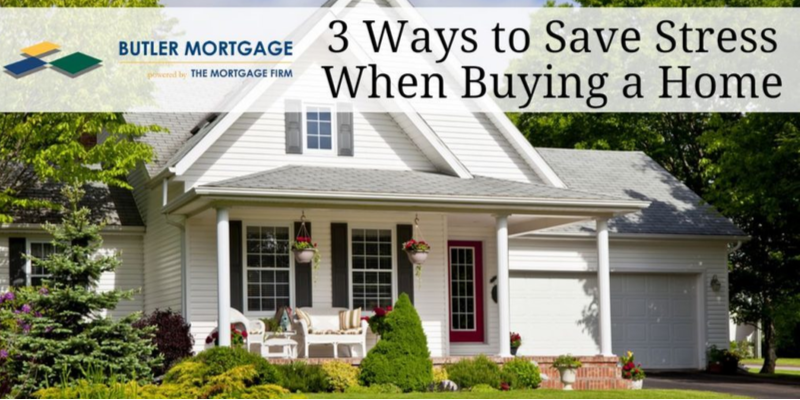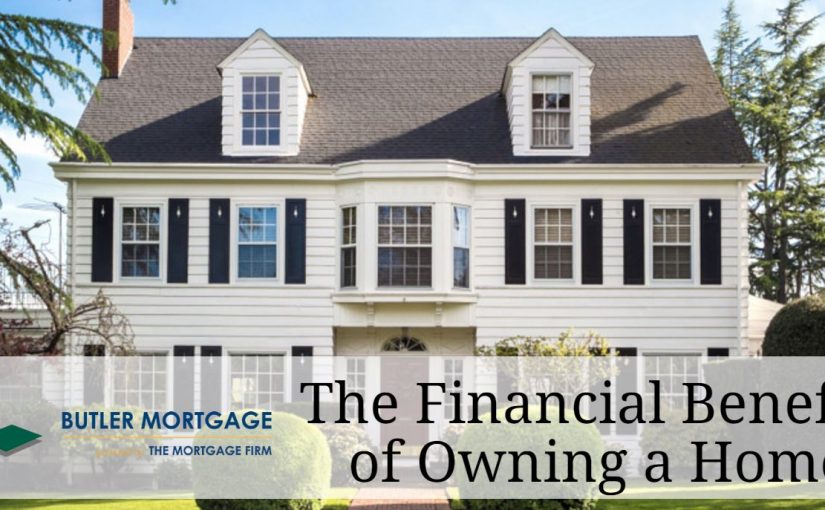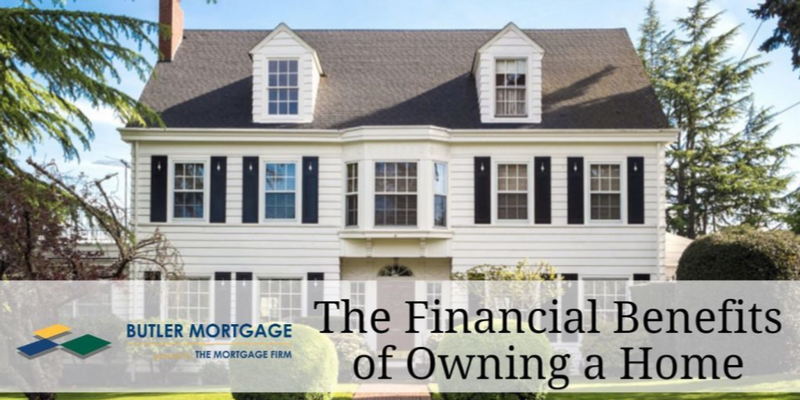
Many individuals aren’t aware of what their rights are when it comes to their credit report. In fact, many have never even heard the words ‘Fair Credit Reporting Act.’ The FCRA is responsible for regulating the collecting, use, and distribution of any consumer information, including that of consumer credit reports. The goal of this act is to help protect you from any willful or negligent inaccurate information in your reports.
The Facts
Here are a few important things you need to know about the Fair Credit Reporting Act:
- Consumer credit reports are filled with information relating to your credit, such as the statuses of your credit accounts and bill payment history.
- Reports include such information as to whether you are making your payments on time, the amount of credit you have out there, how much credit you currently have available, the amount of credit in use and whether a debt collector is collecting on any money you owe or not.
- A credit report can also contain information about your payments on a rental property.
- Liens, bankruptcies, and judgments are listed on your credit report and provide valuable insight as to your current obligations and financial status.
Butler Mortgage Can Help
All of these things are crucial to whether or not you can get a mortgage. If something isn’t accurately represented in your credit report, the mortgage experts at Butler Mortgage can help. Our experts understand that you have every right to dispute that information and have it removed. Don’t allow inaccurate information to remain in your credit file. Discover your rights under the Fair Credit Reporting Act. If you have any questions about what the FCRA means for you, call us today at 407-931-3800.



